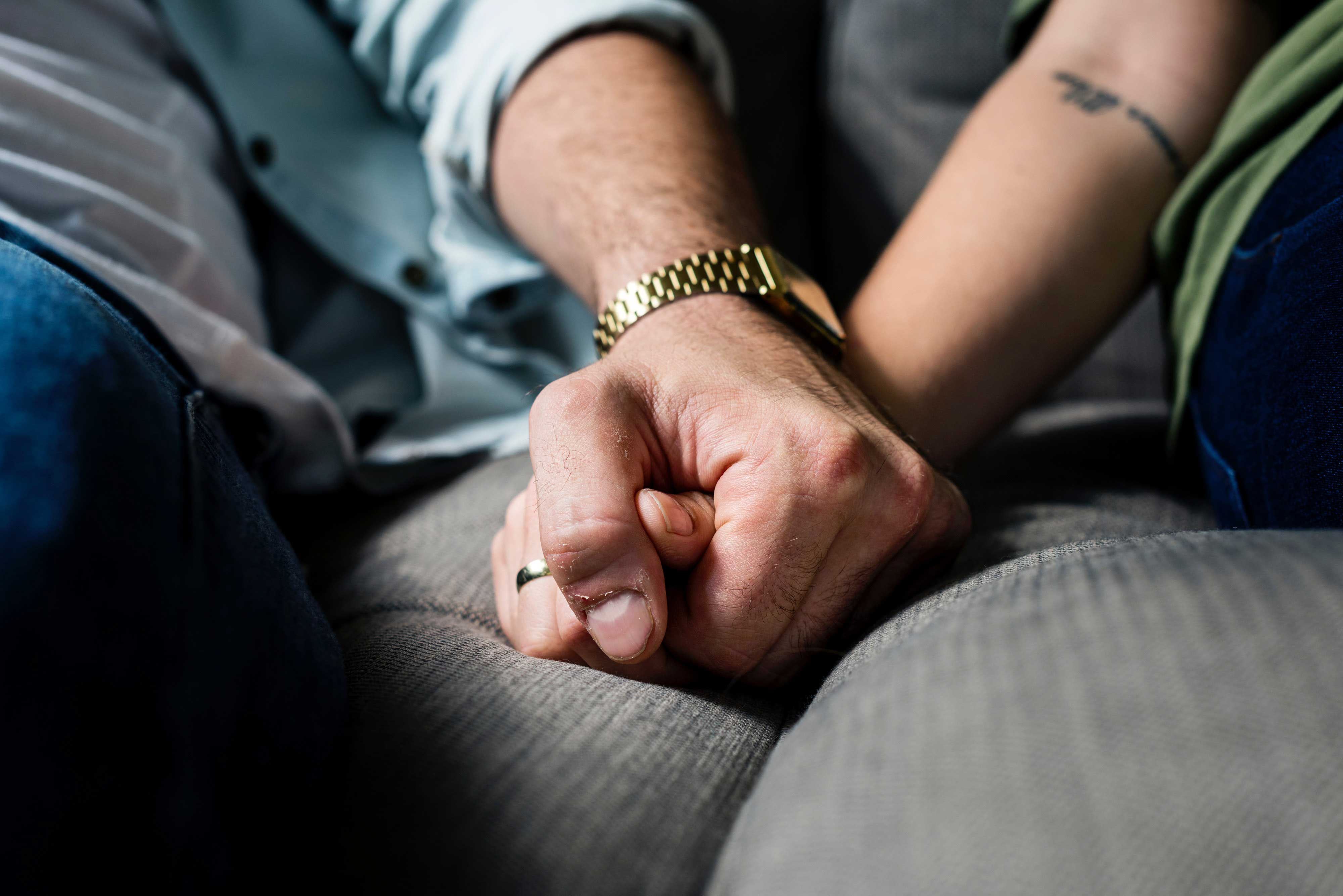You have probably seen headlines about how to reduce your anxiety by eating a specific food, drinking a certain drink, or practicing some stress-busting activity. But do relaxation techniques for anxiety work? How do we get past the hype and do the activities that will make a difference?
Relaxation techniques for anxiety
Effective relaxation techniques for anxiety employ activities that stimulate the parasympathetic system and release brain chemicals that leave us feeling more relaxed and happier. You receive the most benefit from these activities when you make them a regular part of your routine.
For example, one of the great relaxation techniques for anxiety is massage. You can either get a massage from a professional or a loved one, or you can learn to self-massage. However, as good as one massage may feel initially, you will receive the most benefit if you make it a regular activity. Perhaps you schedule a massage once weekly or bi-weekly. It becomes a normal part of your routine.
Exercise is another relaxation technique that you should practice most days of the week. Even a short, brisk walk can do wonders for your stress level, not to mention your physical health. Exercise strengthens your heart and lungs, saturates your brain with endorphins, keeps you flexible and strong, and reduces your risk of mental and physical conditions.
 However, it is an activity that you need to do more than once. Thirty minutes to an hour most days of the week should provide benefits for mild anxiety.
However, it is an activity that you need to do more than once. Thirty minutes to an hour most days of the week should provide benefits for mild anxiety.
To truly reap the benefits of relaxation techniques for anxiety, you should combine daily habits and weekly activities with professional counseling. Anxiety is born from thoughts, often negative or intrusive thoughts. These thoughts direct our emotions.
Have you ever noticed how something crosses your mind and you suddenly feel upset or depressed? Even if the activity you were doing had nothing to do with the thought, the intrusive thought took control of your emotions.
A licensed counselor can help you catch these thoughts and turn them into positive ones. This takes practice, especially if negative thoughts bombard your mind throughout the day. For example, if you are a single woman and a man asks you out on a date, you might think, “What does he want? There is no way he thinks I’m pretty or smart.” Irvine Christian Counseling can provide the tools and support needed to reframe these negative thoughts and build a healthier mindset.
Or you might think, “I might as well date him although I’ve heard rumors about how he treated his ex-wife. It’s not like I have people banging down my door.”
These are hurtful comments that break down your confidence and self-worth. Counseling can help you flip these thoughts. You may ask yourself, “Is this man up to my standards and values? Would he add to my life or detract from it?”
This change in thinking puts you in control of your thoughts and changes your emotions from feeling sad and hopeless to expressing your confidence and knowing your worth. When your thoughts and emotions change, so do your behaviors. Harmful behaviors only add to your anxiety. Change your thoughts to change your behavior.
When you need anxiety help
Relaxation techniques for anxiety work in conjunction with anxiety treatments, such as psychotherapy (talk therapy) and Cognitive Behavioral Therapy (CBT). At Irvine Christian Counseling, we can help connect you with a counselor. Contact our office today to schedule a session with a Christian counselor in Irvine, California. We would love to get you started on a mental health care plan to reduce your anxiety.
“Wetlands”, Courtesy of Jon, Unsplash.com, CC0 License
-
Melissa Plantz: Author
Melissa Plantz is a Christian author and freelance writer. She spent twenty years in the pharmacy industry and has specialized in faith, fitness, nutrition, geriatrics, and mental health since 2015. She writes from the beautiful Lake Marion area in S...
DISCLAIMER: THIS ARTICLE DOES NOT PROVIDE MEDICAL ADVICE
Articles are intended for informational purposes only and do not constitute medical advice; the Content is not intended to be a substitute for professional medical advice, diagnosis, or treatment. All opinions expressed by authors and quoted sources are their own and do not necessarily reflect the opinions of the editors, publishers or editorial boards of Irvine Christian Counseling. This website does not recommend or endorse any specific tests, physicians, products, procedures, opinions, or other information that may be mentioned on the Site. Reliance on any information provided by this website is solely at your own risk.





